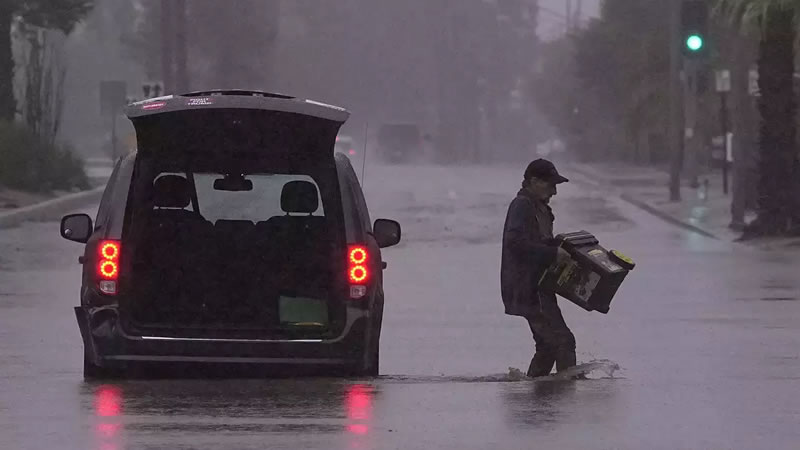
NHS Declares ‘Amber Alert’ Due to Low Blood Stocks: ‘We Urgently Need More O Group Donors’
Share0A ‘perfect storm’ has caused stocks of blood to drop to unprecedentedly low levels, leading the NHS Blood and Transplant (NHSBT) to declare an ‘amber alert’. The NHS has issued this alert due to an increased demand for O type blood following a recent cyber attack that impacted hospitals and a significant number of unfilled appointments at donor centres.
NHSBT has written to hospitals today to issue an “Amber Alert,” asking them to restrict the use of O type blood to essential cases and to use substitutions where clinically safe. O negative and O positive donors are urged to urgently book and fill appointments at donor centres.
Currently, national stocks of O Negative blood are at 1.6 days, and overall national stocks across all types are at 4.3 days. On average, there are around 50,000 appointments to fill each week, with over 12,000 appointments still available in donor centres across England over the next two weeks.
O negative blood is known as the universal blood type, which can be given to anyone and is used in emergencies or when a patient’s blood type is unknown. Air ambulances and emergency response vehicles carry O negative supplies. Despite only 8 percent of the population having O Negative blood, it accounts for around 16 percent of hospital orders. Hospitals will continue to carry out urgent, emergency or trauma surgery, cancer surgery, transplant surgery, and blood transfusions to treat people with long-term conditions.
The ongoing cyber incident that has affected London hospitals has significantly impacted O negative stocks. Since the start of the incident in June, these hospitals have required an additional 1.7 days of O negative blood—a 94 percent increase compared to the same period last year, equating to 170 additional O negative donations every week.
Summer typically presents challenges in maintaining blood donations. Public sporting events, holidays, travel abroad, and unexpected hot weather can all contribute to a reduction in blood donations. Changeable weather can lead to a lack of hydration or lower iron levels in potential donors, further decreasing availability.
NHSBT runs 235 mobile sessions a week in community venues, which are regularly close to fully booked. To supply hospitals with the 1.5 million units of blood they need annually to treat patients, appointments need to be consistently filled throughout the year.
Chief Executive Dr. Jo Farrar stated, “We urgently need more O group donors to come forward and help boost stocks to treat patients needing treatment. Last month we saw an incredible response from donors who answered our call and filled up our centres, helping us meet the increased demands for blood throughout June. However, seven weeks on, the need for O negative blood in particular remains critical.”
“We’re making an additional 1,000 appointments per week available; please take a moment to go online and book. If you can’t find an appointment immediately, please book in for the coming days, weeks, and months. We will have an ongoing need for donations. Thank you everyone for your support.”
NHSBT’s Chief Medical Officer, Dr. Gail Miflin, emphasized, “Three blood donations are needed every minute in hospitals to deal with emergencies, childbirth, and routine treatments. Blood only has a shelf life of 35 days, so the NHS needs blood all year round.”
Professor Sir Stephen Powis, NHS National Medical Director, added, “We’re seeing an increased demand for blood and shortages of stock, so it’s important that donors come forward for appointments. With thanks to regular blood donors across the country, hospitals will continue to access stock when necessary and prioritize it for those who need it most. Patients should also continue to come forward for care if they need it—by using 999 in a life-threatening emergency or otherwise using 111 on the NHS App, online, or by phone for other health concerns.”
